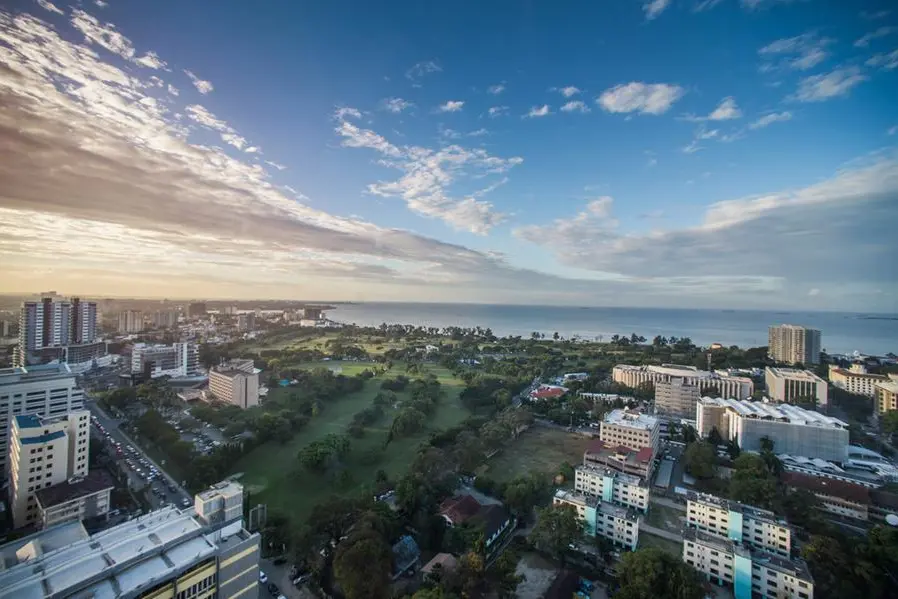PHOTO
The International Monetary Fund (IMF) has reached a staff-level agreement with Tanzania for a new $440.8 million loan, which will be disbursed following approval by the Fund’s executive board.
The fresh funding will bring the Bretton Woods lender’s total financial support to Tanzania under its Extended Credit Facility (ECF) and Resilience and Sustainability Facility (RSF) programmes to more than $1.25 billion, comprising $907.4 million under ECF and $343.6 million under RSF.
According to an IMF statement, during its two-week visit to the country, which ended on Thursday (April 17), the staff mission held discussions with Tanzanian officials, including Finance Minister Mwigulu Nchemba and central bank governor Emmanuel Tutuba, on “the policies needed to complete the (latest) reviews” of existing ECF and RSF arrangements between the Fund and the government.“The IMF’s Executive Board will discuss these reviews in the coming weeks,” team leader Nicolas Blancher said.
He expressed satisfaction with Tanzania’s macroeconomic activities such as real GDP growth reaching 5.5 percent in 2024 and projected to increase to six percent in 2025, and inflation remaining subdued at 3.3 percent year-on-year by March.
However, he also warned of downside economic risks due to an uncertain external environment defined by “a slowdown in the global economy and trade, geo-economic fragmentation, further intensification of the conflict in the DR Congo and reduced foreign development assistance.”“On the domestic front, the upcoming national elections may increase risks of fiscal pressures or, more broadly, reform slowdown,” Mr Blancher added.
On policy requirements, the IMF urged the Bank of Tanzania to continue to allow exchange rate flexibility and conduct regular interventions for a stable forex market.“Increased tolerance for exchange rate flexibility, together with reforms to improve the functioning of the foreign exchange market, have been successful in bringing back foreign exchange flows into the formal market, increasing its liquidity and reducing the parallel market premium,” Mr Blancher noted.“With inflation remaining below the BoT’s five percent target, maintaining the central bank rate (CBR) at six percent - a level which the mission considers to be neutral or mildly stimulatory - will help preserve price stability in the period ahead,” he added.
Read: Tanzania keeps lending rate at 6pc for fourth quarter in a rowIn the longer term, the team said the government should ensure that sufficient resources are allocated to the education and health sectors in particular, and create an enabling environment for private sector-led growth and job creation.“In particular, further efforts to improve availability and access to finance, streamline business regulations, and strengthen judicial and anti-corruption institutions are key structural reform priorities,” Mr Blancher said.
He also called on Tanzania to continue implementing climate adaptation and mitigation policies through RSF support with the aim of building stronger resilience to climate-related risks.“The government has already started to strengthen the institutional framework for climate policies and public investment management in line with climate risks. Accelerating implementation of RSF reforms with technical and financial assistance from the IMF, the World Bank, and other development partners will help in further catalysing support for the climate agenda in Tanzania,” Mr Blancher said.
© Copyright 2022 Nation Media Group. All Rights Reserved. Provided by SyndiGate Media Inc. (Syndigate.info).





















